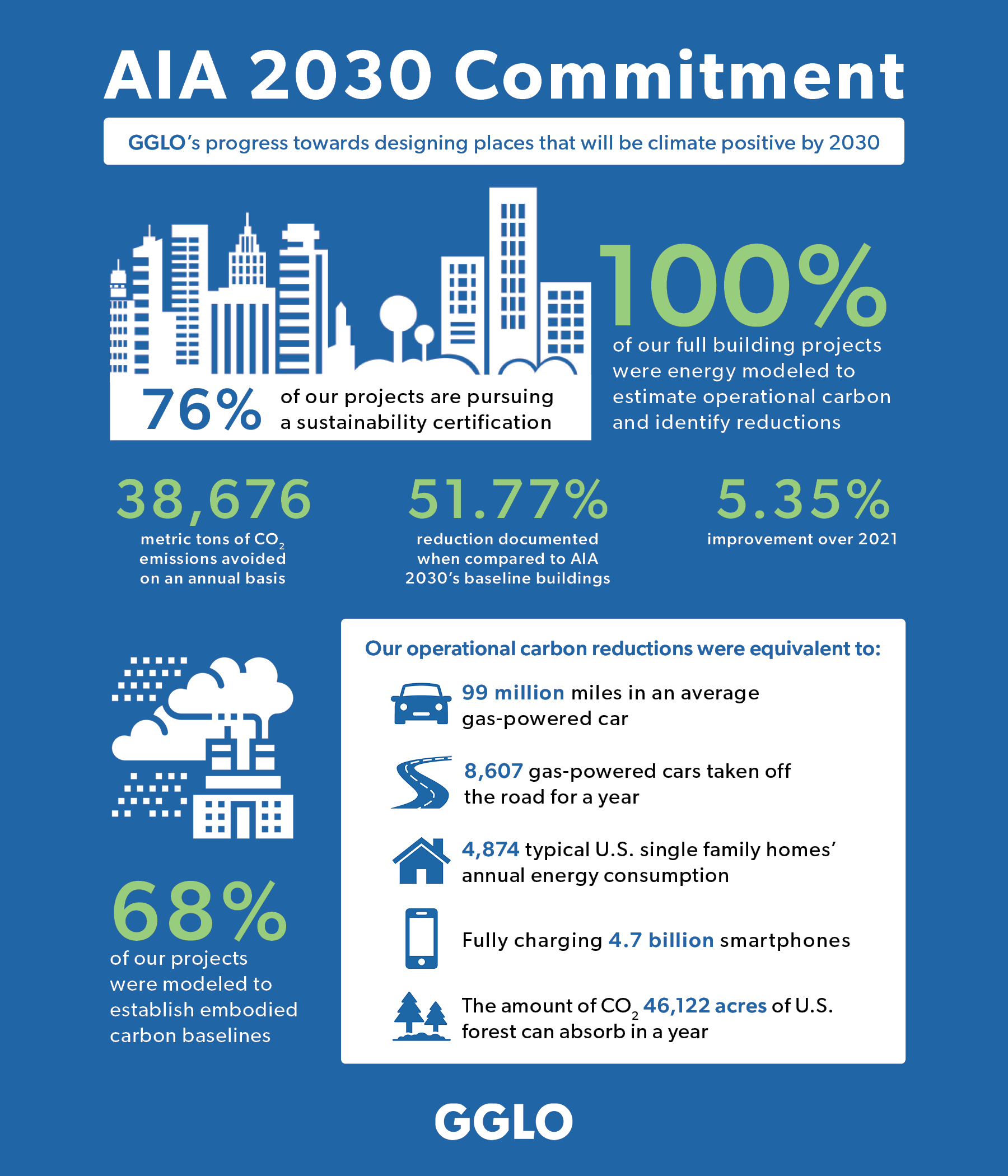Earth Day 2023 – AIA 2030 Commitment
April 24, 2023
We use cookies to help you navigate efficiently and perform certain functions. You will find detailed information about all cookies under each consent category below.
The cookies that are categorized as "Necessary" are stored on your browser as they are essential for enabling the basic functionalities of the site. ...
Necessary cookies are required to enable the basic features of this site, such as providing secure log-in or adjusting your consent preferences. These cookies do not store any personally identifiable data.
Functional cookies help perform certain functionalities like sharing the content of the website on social media platforms, collecting feedback, and other third-party features.
Analytical cookies are used to understand how visitors interact with the website. These cookies help provide information on metrics such as the number of visitors, bounce rate, traffic source, etc.
Performance cookies are used to understand and analyze the key performance indexes of the website which helps in delivering a better user experience for the visitors.
Advertisement cookies are used to provide visitors with customized advertisements based on the pages you visited previously and to analyze the effectiveness of the ad campaigns.
April 24, 2023
In response to the building sector contributing nearly 40% of total emissions related to climate change, the American Institute of Architects (AIA) established the 2030 Commitment in 2010 to encourage AIA member firms to reduce the operational carbon in their projects. Operational carbon includes emissions of carbon dioxide and other global warming gases related to operating a building (i.e. lighting, power outlets, HVAC & water heating systems, pumps, elevators, and miscellaneous equipment). In 2020, embodied carbon reporting was added to encourage firms to reduce the amount of global warming potential of the building materials and construction of their projects.
GGLO was one of the first 60 firms in the nation to sign on and report, and now has 13 years of data to draw upon. In the 2021 reporting year, GGLO was among 378 of the 21,000+ AIA firms that reported their projects’ operational carbon and among the 55 that reported embodied carbon. We have also established a Climate Positive initiative with the goal of reducing net operational and embodied carbon in all of our approaches to achieve zero or better by the year 2030.
For 2022, we are excited to share the following:

Thank you to all of our clients and collaborators that contributed to this effort and we look forward to an even better performance in 2023. GGLO will not rest until we reach Climate Positive!